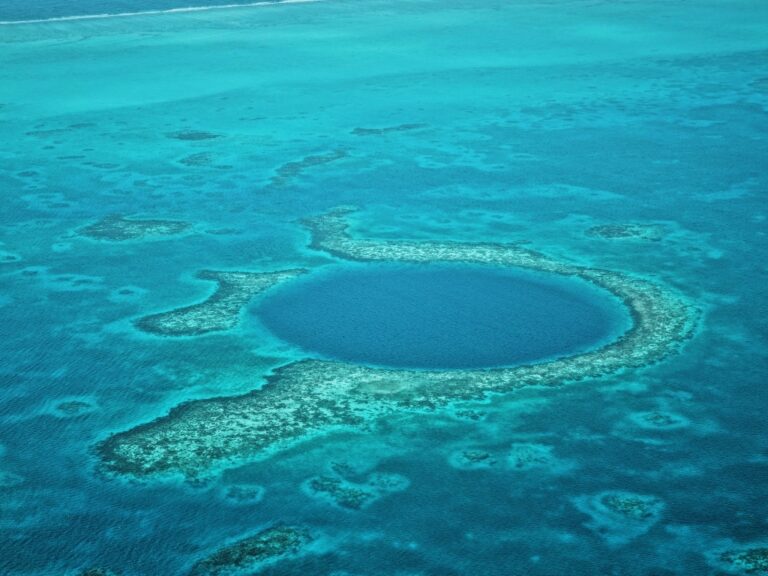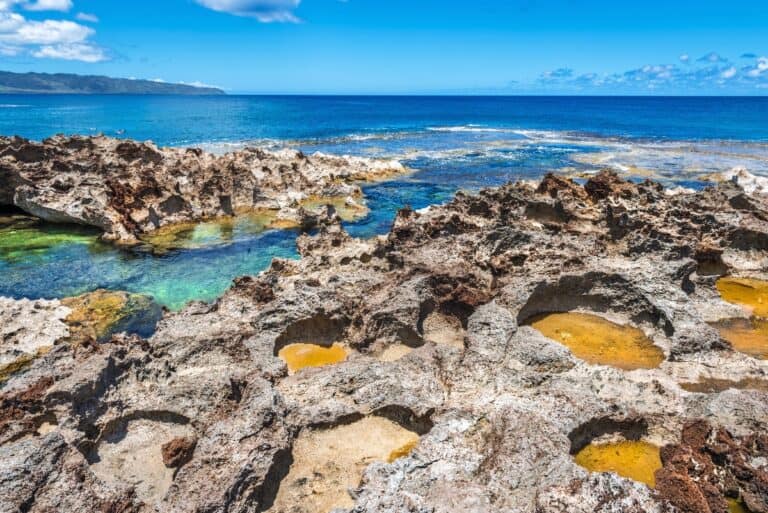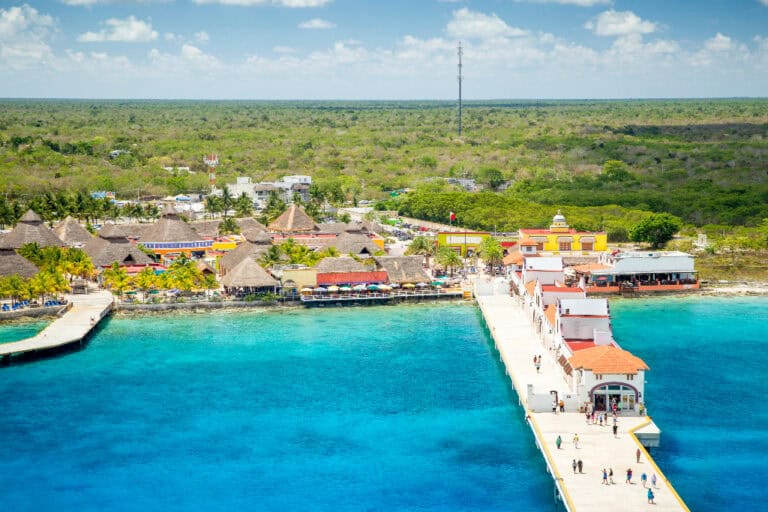10 Ultimate Travel Planning Tips to Maximize Your Adventure
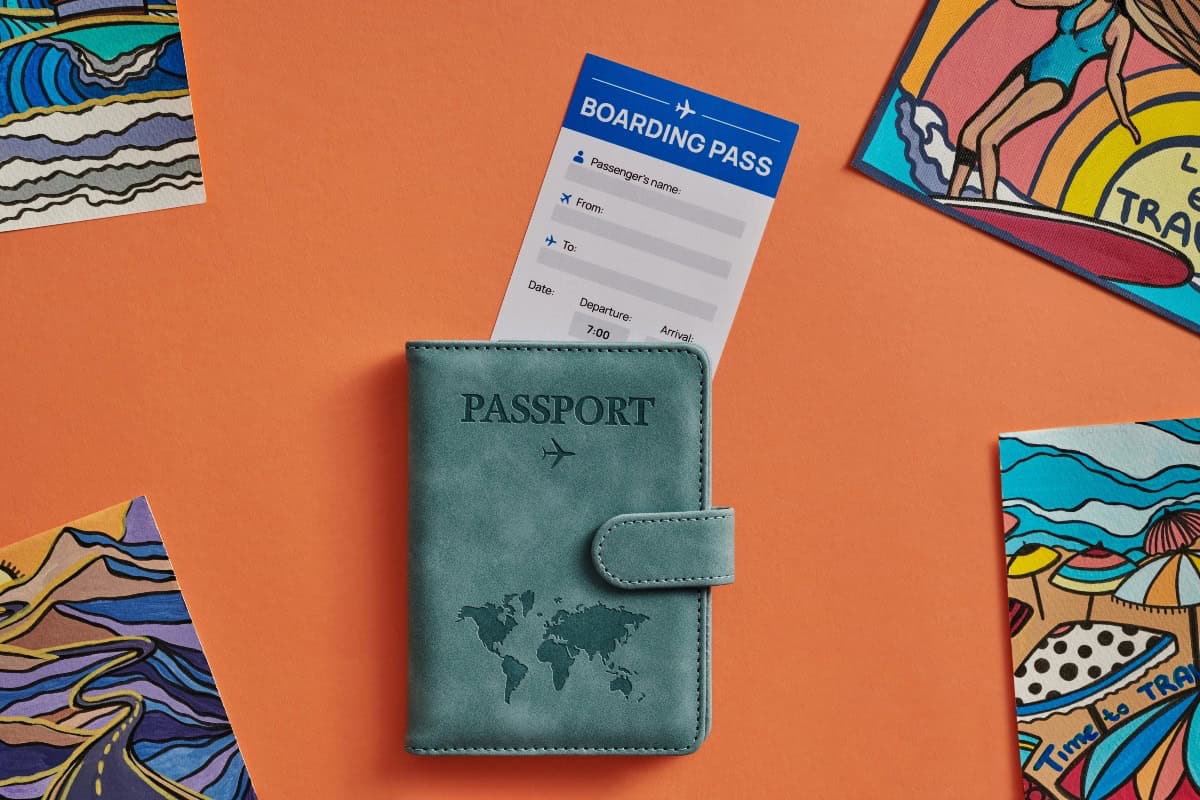

Planning an epic adventure starts with smart travel planning tips—you don’t want to leave anything to chance. Without the right planning, you could forget crucial gear, blow your budget, or end up dealing with last-minute chaos that turns your dream trip into a stressful mess.
I’ve been planning dive trips since 2013, and trust me, a little organization goes a long way. You do not want to be that person who forgets their dive certification card, shows up with missing gear, or realizes too late that you’ve booked a flight at the wrong time of year.
So, whether you’re gearing up for a dive trip, an exciting hike, or any adrenaline-packed getaway, here are 10 game-changing travel planning tips to help you avoid stress and make your next adventure absolutely epic!
10 Ultimate Travel Planning Tips
Diving and traveling can be expensive, but if you plan wisely, you can save money, avoid headaches, and make the most of your adventure. Let’s dive into these expert travel planning tips to help you adventure smarter, not harder.
1. Set a Realistic Budget

The first step in planning your adventure is setting a realistic budget that covers everything—flights, accommodation, food, activities, gear, insurance, and those unexpected extras (because let’s be honest, you’re probably going to splurge on that once-in-a-lifetime experience). If you don’t plan ahead, travel expenses can spiral out of control fast.
Looking for the best flight and hotel deals? Check out Cheapoair for affordable travel options that help you save while exploring new destinations.
Always set aside a buffer into your budget for last-minute adventures, hidden fees, or that mouthwatering local dish you just have to try.
A good rule of thumb is to set aside at least 10-20% of your total budget for unexpected expenses. Here’s a guide based on the type of trip:
✅ Standard travel (city breaks, budget trips): 10% of your total budget
✅ Adventure travel (diving, hiking, safaris): 15% due to gear rentals, weather changes, or extra excursions
✅ Remote destinations & long-term travel: 20% or more to cover emergencies, last-minute transport changes, or medical needs
PRO TIP: If your budget is tight, aim for at least $50-$100 per week as a safety cushion. If you don’t use it, it’s extra money for souvenirs or an upgraded experience.
💰 Want to make budgeting effortless? I put together a FREE Ultimate Adventure Travel Planner that includes a budget tracker—it’s a great way to stay on top of costs without overthinking it.
2. Research Your Destination Thoroughly
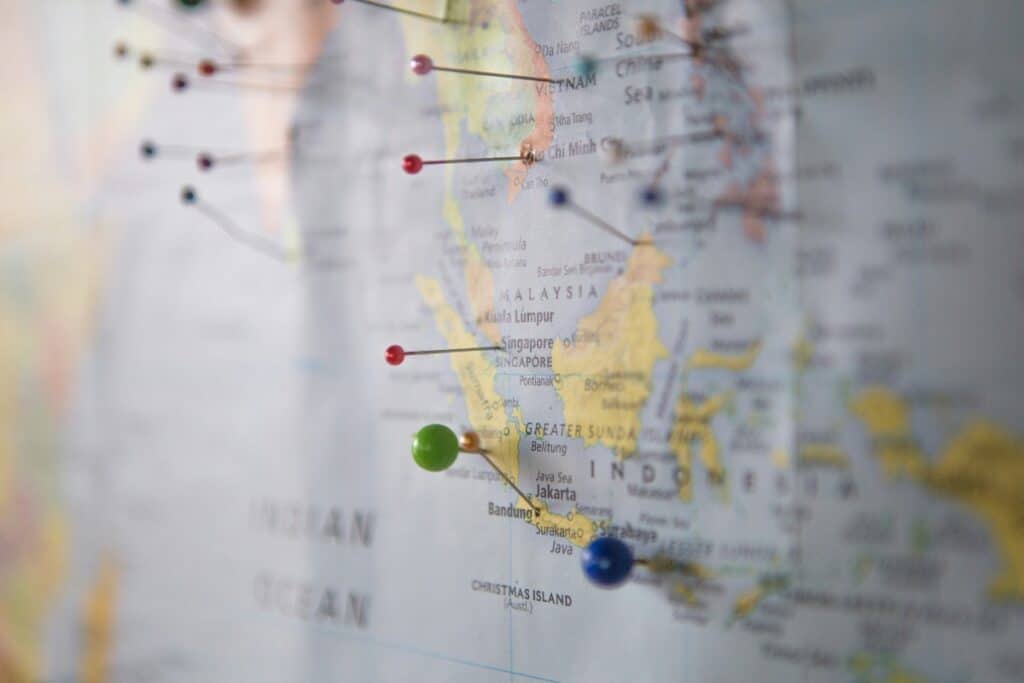
Once you’ve picked your destination, dig into the details to make sure your trip goes smoothly. Check out the best times to visit so you don’t end up stuck in monsoon season or battling extreme crowds.
Look into must-do activities, and if any require advance bookings—some tours, dive trips, and excursions fill up fast, so planning ahead can save you from disappointment.
Reading reviews and blog posts (hello!) will give you insider knowledge, tips on hidden gems, and honest feedback about dive centers, tour operators, and accommodations. Make sure to check recent reviews since businesses and conditions can change over time.
Also, take a moment to understand local customs and safety tips. Some destinations have dress codes, specific rules about wildlife interactions, or travel advisories. Knowing what to expect can help you avoid unnecessary hassle.
PRO TIP: If you’re heading somewhere with unpredictable weather, have a backup plan for activities. Rainy day? Swap that boat trip for a cultural tour or a relaxing spa day. Always check cancellation policies before booking anything in advance.
🌱 Want to travel more responsibly? Keep an eye out for eco-friendly travel options like sustainable hotels, ethical wildlife tours, and dive centers that follow reef-safe practices. Choosing responsible operators doesn’t just protect the environment—it often leads to better experiences and more meaningful connections with locals.
3. Choose Eco-Friendly Travel Options
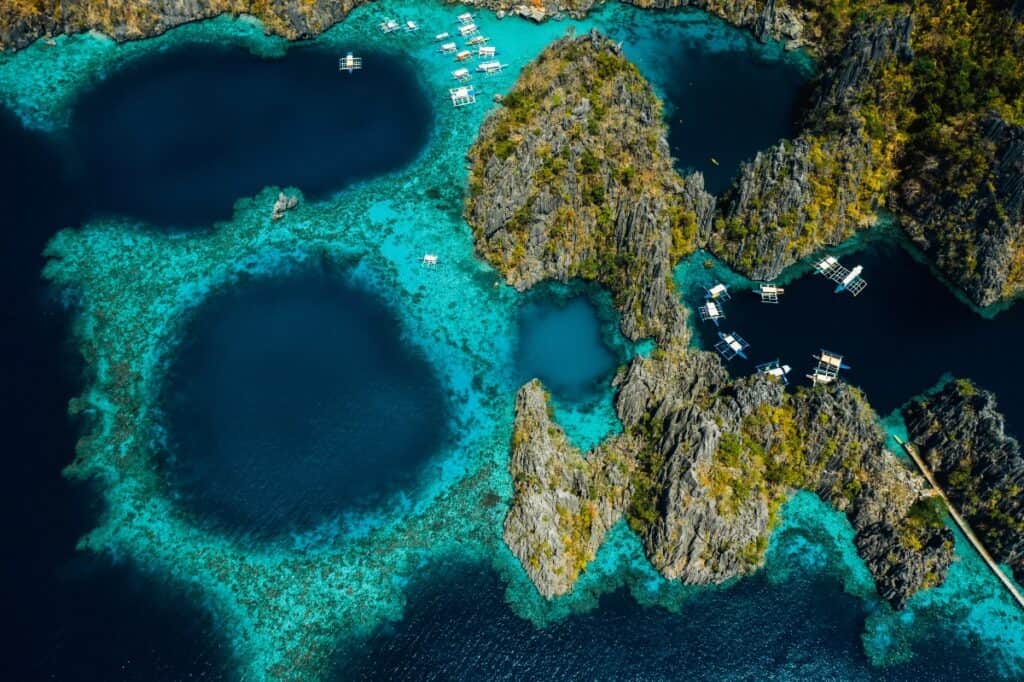
If you love adventure, you probably love nature too—so it’s important to travel responsibly and protect the places you explore. Choosing eco-conscious options helps minimize your impact while making sure future travelers (including you) can continue to enjoy pristine dive sites, lush trails, and untouched landscapes.
Start by supporting sustainable businesses, like Green Fins certified dive centers or tour operators committed to reef conservation and ethical wildlife practices. These companies actively work to protect marine ecosystems and ensure their tours don’t harm local environments. Before booking, take a few minutes to read up on their sustainability efforts—it makes a difference.
Beyond booking responsibly, you can reduce waste and protect nature during your travels. Bring your own reusable water bottle, pack reef-safe sunscreen, and be mindful of single-use plastics.
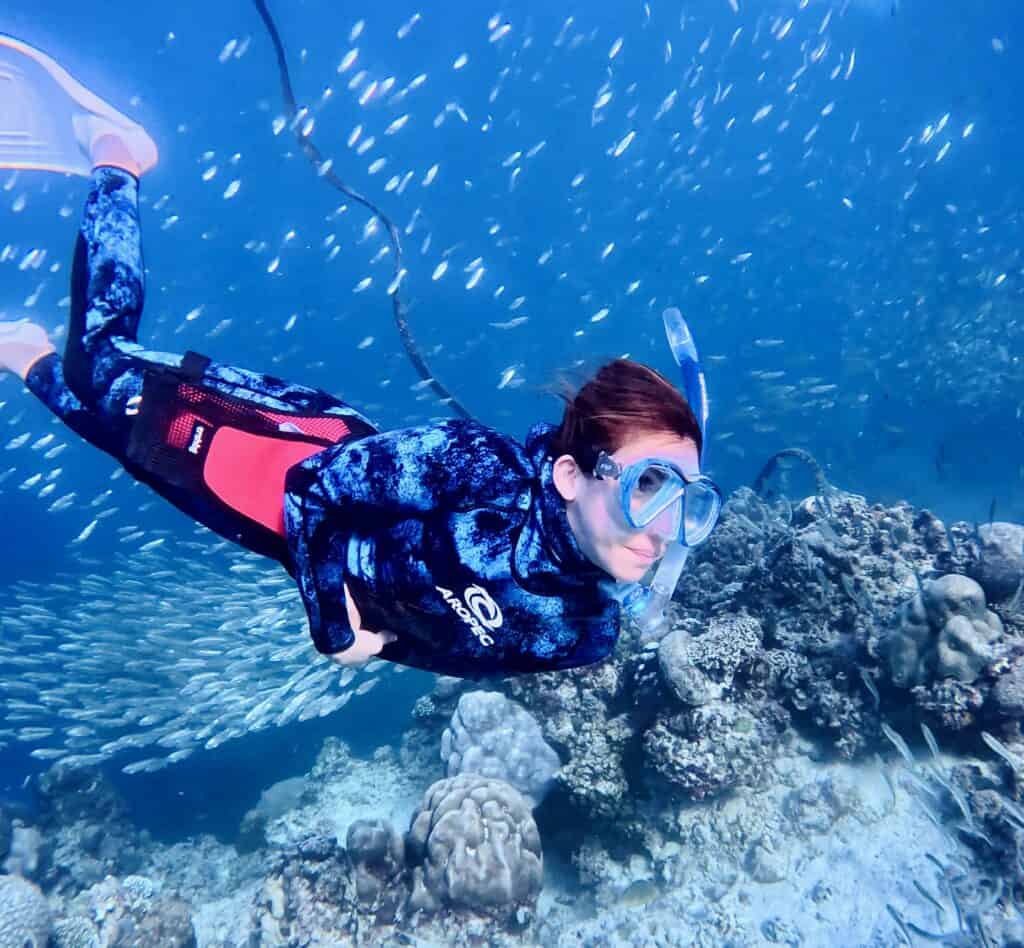
And here’s something easy yet impactful: carry a TRSHBG, a compact, reusable trash bag for collecting litter during your dives, hikes, or beach days. Even picking up a few pieces of plastic makes a difference in keeping nature clean.
PRO TIP: Many dive sites, national parks, and remote beaches don’t have proper waste management, so whatever you bring, take it back with you. Using a TRSHBG helps you leave no trace while setting a great example for other travelers.
Every small action adds up. When you travel mindfully, you help preserve the beauty of the world—so you (and future adventurers) can keep exploring it. To dive even deeper into sustainable diving practices, check out Sustainable Diving: Why It’s The Ultimate Path Forward for more insights on how you can make a difference underwater.
4. Book Activities in Advance
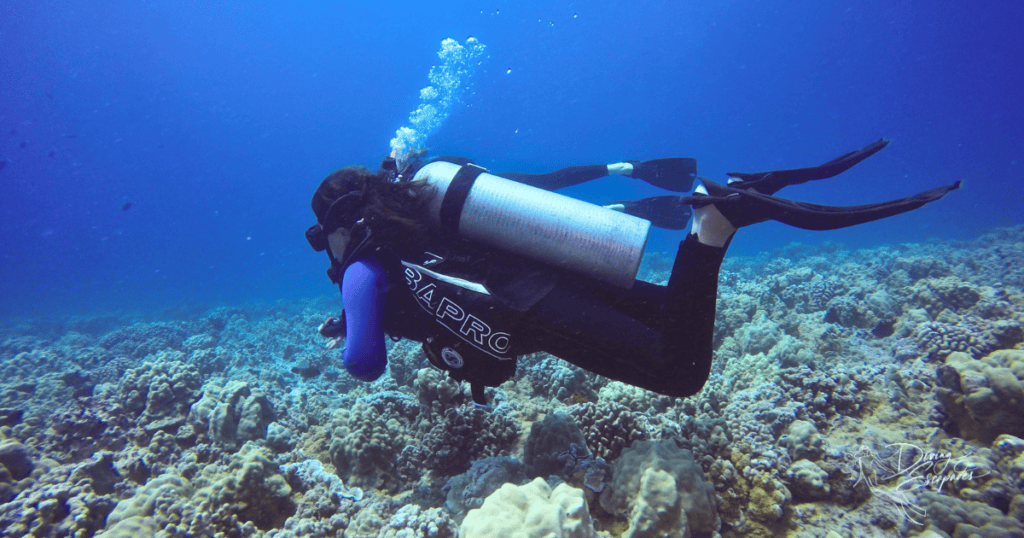
While it’s tempting to wing it, many adventure activities—like scuba diving, zip-lining, or guided hikes—require advance booking. Popular destinations and tours often fill up fast, especially during peak season.
The last thing you want is to show up at your dream dive site or bucket-list hike only to find out it’s fully booked. Planning ahead gives you peace of mind and often saves you money with early-bird discounts.
If you prefer flexible, hassle-free booking, platforms like Viator or Get Your Guide offer great options to secure activities in advance while keeping cancellation policies that are traveler-friendly. Checking reviews and comparing options can help you find the best experiences without stress.
You don’t have to plan every second of your trip, but it’s smart to book in advance for activities that are seasonal, high-demand, or weather-dependent. If you’re heading somewhere known for diving, wildlife tours, or cultural experiences, securing your spot ahead of time means you won’t miss out.
A little planning goes a long way—you’ll spend less time worrying and more time enjoying every moment of your adventure.
PRO TIP: Prioritize booking activities that depend on specific conditions, like diving trips that require good visibility or whale-watching tours tied to migration seasons. These experiences can’t always be rescheduled, so locking in your plans early ensures you get the best possible experience.
5. Pack Like a Pro
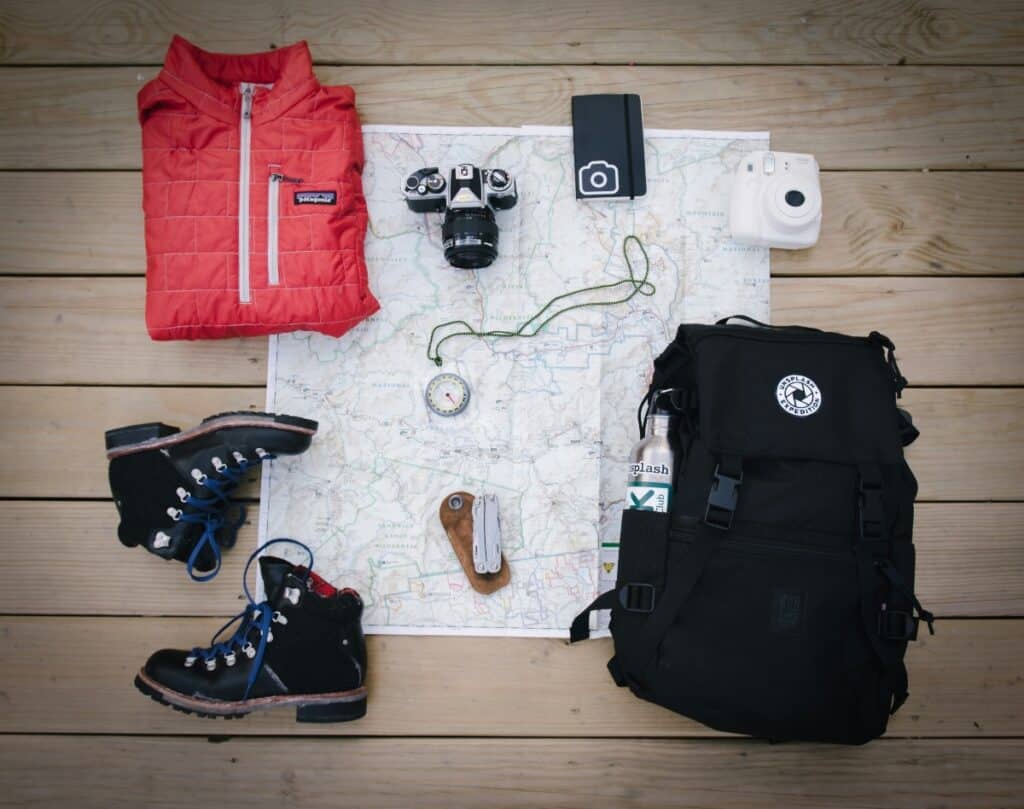
Packing can make or break your adventure, so it’s worth getting it right. Make sure you have all the essentials—especially if you’re bringing specialized gear like dive equipment, hiking boots, or camping gear. The last thing you want is to arrive at your destination and realize you left something important behind.
Smart travel planning tips can help you pack efficiently and avoid unnecessary stress. And it’s not just about gear—you also need to keep your important documents in check.
Your passport, travel insurance, and certification cards (if you’re diving, that PADI card is a must) should be easy to access. Keeping digital copies stored safely can also be a lifesaver in case anything gets lost.
PRO TIP: A checklist is your best friend when packing. It helps you stay organized and ensures you don’t forget anything important. Pack light by focusing on multi-purpose items, like convertible clothing and quick-dry towels. The less you carry, the easier it is to move around.
If you want to keep your luggage neat and accessible, using packing cubes and travel organizers can make a huge difference. They help maximize space, keep your items sorted, and make unpacking effortless when you arrive.
📌 Want to make packing effortless? Grab my FREE Ultimate Adventure Travel Planner—your all-in-one guide to stress-free travel. It includes a smart packing list plus adventure-specific checklist. Never forget an essential again. Download it below and start packing like a pro.
When you pack smart, you’ll spend less time digging through your bag and more time enjoying your adventure.
6. Get the Right Insurance

When you’re heading off on an adventure, the last thing you want to think about is something going wrong—but having the right insurance means you won’t have to worry if it does.
Standard travel insurance might not cover scuba diving, zip-lining, or other adventure activities, so it’s important to choose a policy that fits your trip. Following smart travel planning tips can help you avoid unexpected surprises along the way.
Take a few minutes to check the fine print before you buy a policy. Make sure it includes adventure sports coverage, medical expenses, trip cancellations, and even gear protection if you’re bringing expensive equipment. Some providers even offer dive-specific insurance that covers decompression treatment and emergency evacuations.
Getting the right insurance means you can focus on enjoying your trip, knowing that you’re covered no matter what happens.
PRO TIP: If you’re traveling with dive gear, camera equipment, or other pricey essentials, look for a policy that includes gear protection. It’s a small investment that can save you a lot of stress if anything gets lost or damaged.
7. Prepare for the Unexpected

No matter how much you plan, things don’t always go as expected. Flights get delayed, weather changes last minute, and unexpected costs can pop up out of nowhere.
Having a backup plan will help you stay stress-free when the unexpected happens. Keep copies of your important documents, have a list of emergency contacts, and make sure you have enough funds to cover an extra hotel night or a last-minute activity change.
It’s also smart to prepare for tech failures. Your phone’s battery could die, or you might find yourself without an internet connection just when you need it most.
When you plan for the unexpected, you’ll handle any hiccups like a pro and keep your adventure on track.
PRO TIP: Download offline maps and save important details—like your accommodation address and key contact numbers—directly to your phone. That way, if you lose signal, you’ll still have everything you need to navigate smoothly.
8. Don’t Overpack Your Itinerary
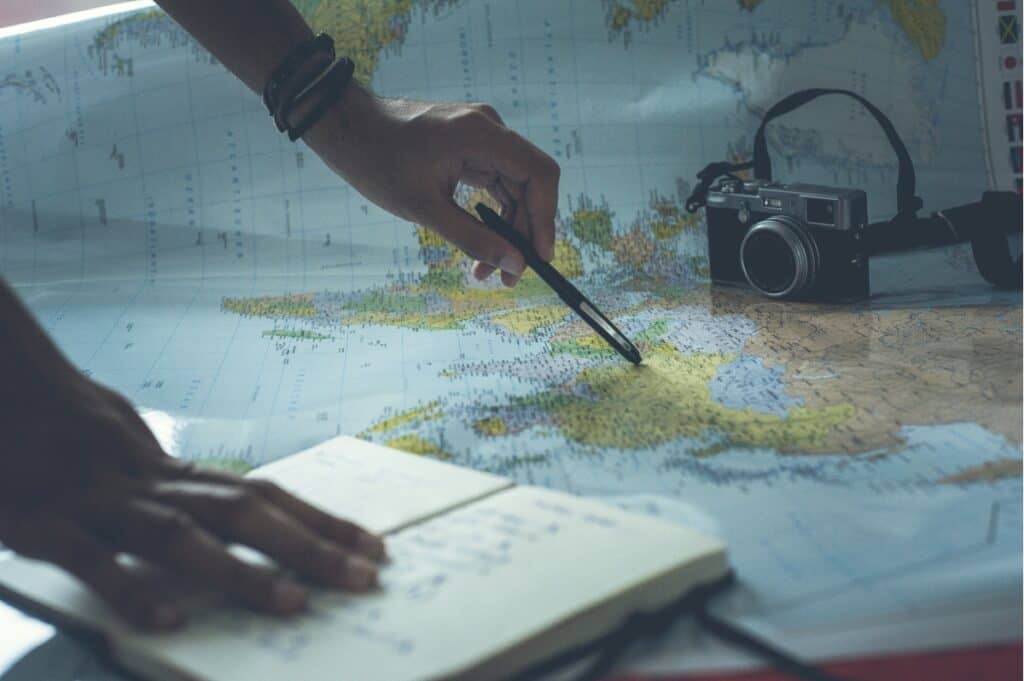
When you’re planning an adventure trip, it’s tempting to squeeze in every possible activity. After all, you want to make the most of your time. But packing your schedule too tightly can leave you exhausted and overwhelmed, with no room to actually enjoy the experience.
Slowing down lets you be more present—whether that means taking in a breathtaking view, discovering a hidden café, or chatting with locals.
Give yourself some flexibility by leaving gaps in your itinerary. If plans change or you find something amazing that wasn’t on your list, you’ll have the time to enjoy it without stress.
PRO TIP: Schedule “buffer days” between intense activities. If you’re diving, for example, plan a rest day to recover and explore the destination at a relaxed pace. This way, you won’t feel rushed, and you’ll avoid burnout while still making the most of your adventure.
9. Plan for Safety

Adventure travel is exciting, but it comes with risks. Being prepared can make all the difference in keeping your trip smooth and stress-free. Make sure you know the local emergency numbers, where the nearest hospital or clinic is, and what precautions you need to take based on your activities.
If you’re heading into high-altitude areas, for example, understand the signs of altitude sickness. If you’re diving, be aware of decompression risks and emergency procedures.
Also, check your gear regularly, plan your dives carefully, and never dive without a buddy or insurance. Take the time to research reputable dive centers in advance and always follow safety guidelines—your health and well-being should always come first.
PRO TIP: Pack a small first aid kit tailored to your adventure. Include bandages, antiseptic wipes, pain relief tablets, and any essential medications. Having the right supplies on hand means you’re ready for the unexpected, and it could make a big difference when you need it most.
10. Leave Room for Adventure

At the end of the day, adventure travel is about embracing the unknown. While smart travel planning tips help you stay organized, some of the best experiences happen when you go off script.
Leave space in your itinerary for spontaneous discoveries—whether it’s stumbling upon a hidden beach, joining a local festival, or saying yes to a last-minute hike with new friends.
Sometimes, the most unforgettable moments are the ones you never planned for. By keeping your schedule flexible, you give yourself the chance to experience something truly unique and unexpected.
PRO TIP: Be open to saying “yes” to new opportunities, whether it’s trying an unfamiliar dish, learning a local tradition, or taking an unexpected detour. Just stay mindful of safety and trust your instincts along the way.
The Wrap Up: Travel Planning Tips
Adventure travel is all about experiencing the world in its raw, beautiful, and sometimes unpredictable glory. And let’s be real—while spontaneity is great, having a solid plan can mean the difference between the trip of a lifetime and a series of avoidable mishaps (like realizing too late that your “waterproof” bag is, in fact, not waterproof).
When you plan wisely, you get to stress less and adventure more—and that’s what it’s all about.
Want to make travel planning effortless? Download my FREE Ultimate Adventure Travel Planner and take the guesswork out of your next trip. Grab it below now and start planning smarter today.
Happy exploring—and may your luggage always arrive when you do!


